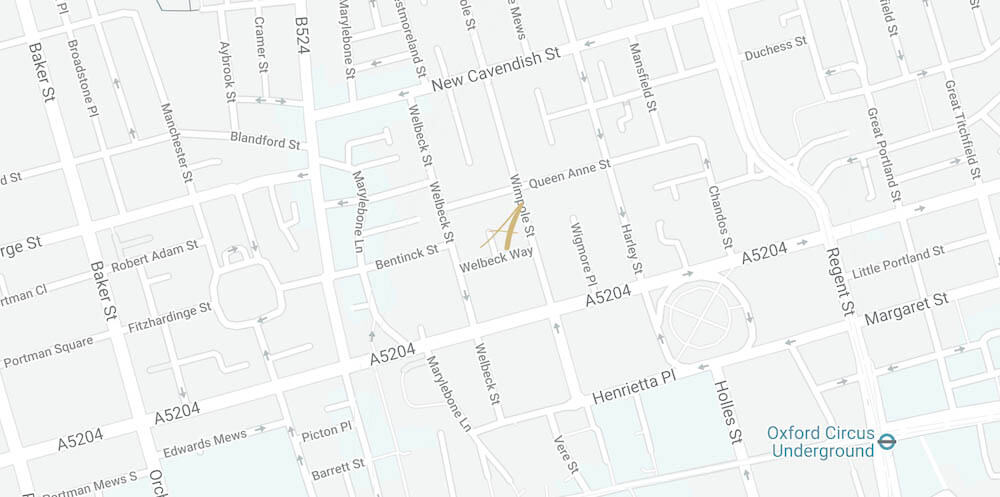What is Laparoscopy?
Laparoscopy is an operation performed in the pelvis or abdomen with the aid of a camera. It is usually a day case surgical procedure and requires general anaesthesia.
What is it used for?
A laparoscopy can be used to evaluate all surfaces of the pelvis for endometriosis and adhesions. If we are checking for fertility, blue dye is flushed through the fallopian tubes to be certain that the tubes are not only open, but that they contain no scar tissue (adhesions) that can damage or block the fallopian tubes. If ovarian cysts are present they can be removed at the same time. If endometriosis is present, all visible implants are identified and destroyed using electricity (bipolar current), laser, or by surgical excision.
What is a Hysteroscopy?
At the time of laparoscopy, it is common to perform a hysteroscopy. During this procedure a small telescope is inserted through the vagina and cervix so that the uterus can be completely visualised.
What is it used for?
In addition to being able to visualise the entire uterus, the opening of the fallopian tubes can be checked and the part of the uterine cavity where implantation takes place is also readily seen. Common problems in the uterus include both fibroids and polyps. Fibroids are nodules of muscles and tissue which can interfere with the ability of embryos to implant in the uterus. Polyps are fleshy pieces of tissue which protrude into the cavity of the uterus and can also affect implantation. It is usually possible to remove fibroids and polyps from the uterine cavity using hysteroscopy.
Are the procedures safe?
Injuries to the bowel, bladder, and abdominal wall and unexpected open surgery (larger incision) are always possible but are very uncommon. Any surgery can have anaesthesia related complications or be associated with post-operative infection. Fortunately, serious complications are very unusual. When laparoscopy is expertly performed on young and healthy women the risk is less than 1 in 1,000. Any specific increased risks related to your own condition will be discussed with you.






